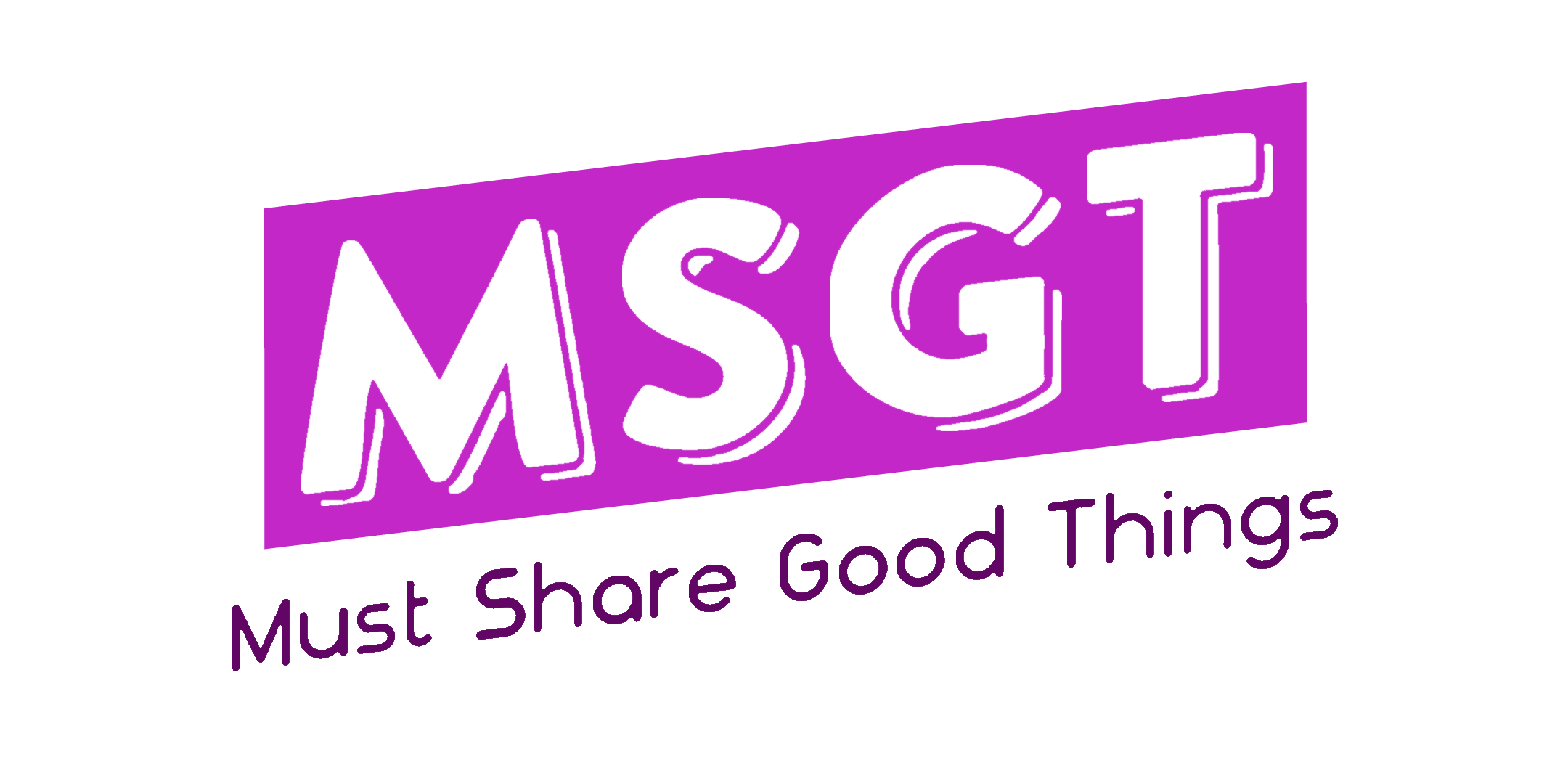The internet is an ubiquitous tool as it assimilates into our everyday lives. For almost everything that we do, we use the internet. For instance, ordering a pizza, purchasing an item, chatting with your friends or even meeting a significant other.
Before the Internet, if you wanted to keep up with the news, you had to walk down to the newsstand when it opened in the morning and purchase a local newspaper that’s reporting what had happened the previous day. But today a click or two is enough to read your local paper and any news source from anywhere in the world, updated up to the minute.
With the rise of the Internet, there has been much discussion regarding how online communication influences social relationships. The Internet liberates us from geographical constraints and brings us together in topic-based groups that are not geographically bound. As the Internet is the instrument we use to engage with one another, it raises new privacy and security problems.
To begin with, the Internet is undeniably distracting that people may become too engrossed in ‘social joy.’ People nowadays frequently feel as though they are missing something in their lives if they do not have Facebook, Instagram, or Twitter.

They are already accustomed to reading news feeds or thumbs-up, comments on their friends’ postings, and sending out some intriguing images to document their noteworthy occurrences. Regrettably, the Internet has become an addiction all over the world. I recalled leaving my phone at home once, and it turned out to be a difficult day. I could see people holding their phones everywhere as I stood near the bus terminal and sat in eateries; not using the internet or social media felt like pain.
It is true that individuals may become more intelligent by surfing the Internet, where anyone can learn new and previously difficult-to-access knowledge and improve their thinking abilities through free discourse or debate with people all over the world. But are we being over-reliant on this helpful tool?

Another key area in which the Internet excels is in broadening people’s view of facts through strategic thinking. The Internet connects minds and thoughts from all over the world and throughout history, “enabling us to learn more, publish and communicate with worldwide audiences, and become more aware of the world around us,” according to the Internet.
Just by judging the way that we type and the mistakes made, auto-corrects is undeniably a useful tool to amend our sentence structure or spelling. With such over-reliance on these tools, it can snowball and affect our writing abilities.

Despite the advantages of the Internet, including easy-to-access information and up-to-date conversation, the Internet also has a side-effect, such as addiction and depression. For people who make bad use of it, the Internet does more harm than good.
However, since we create the Internet, we have the capability to figure out how we can prevent ourselves from becoming its slaves, such as putting our electronic gadgets aside and then enjoying reading at the first wisp of sunlight. Even though the Internet might have made our everyday lives easier, we should control ourselves consciously and not let it take over the wheel.









